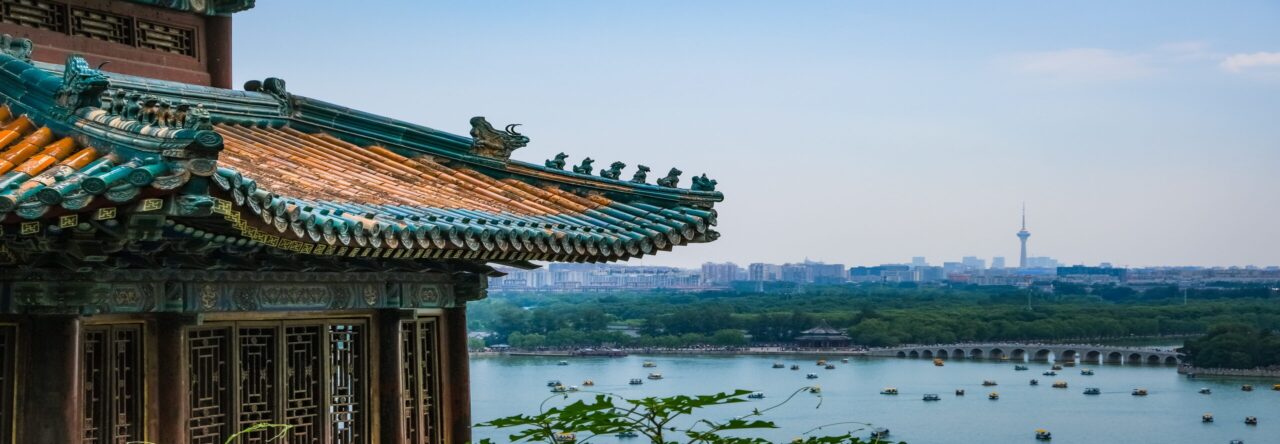
As Africa has developed, two trades have taken prominent seats at the table–mining and construction. Mining has a reputation as dangerously exploitative yet exceedingly profitable for African countries, while construction tends to be seen as a financially short-sighted, yet infrastructurally advantageous means of political gain. Providing employment that is attainable by the general populace, each sector has attracted international attention as a chance to profiteer. This has led to several instances of locals bringing labor exploitation to the attention of their elected (and electable) leaders. How grievances are dealt with seems to be highly contingent upon who the actor in question is.
To tackle this issue, C.K. Lee takes a fascinating ethnographic approach to these industries as they relate to Chinese state capital in her book “The Specter of Global China”. In writing this ethnography, she spends six years doing extensive fieldwork in Zambian mines and on construction sites, with politicians and blue-collar workers, gaining every perspective she can in order to bring forth the most accurate depiction and comparison of labor practices. Choosing to first establish expectations, Lee begins this book by laying the foundation of the two main discourses presented in African labor politics. First, the “largely Western discourse of Chinese neocolonial plundering and blatant disregard for human rights, on the one hand, and Beijing’s lofty claim of promoting South-South cooperation, free of hegemonic aspirations or World Bank–style conditionality, on the other” (Lee 2). The rest of the book is spent balancing the two arguments, and by the final chapter, it becomes clear that neither the Western idea of a new colonial actor nor the idealistic Chinese benefactor is a truly representative depiction of China’s presence in Africa. Rather, Lee makes the rather convincing argument that China plays solely to its self-serving needs.
In direct opposition to the Western argument of rising neocolonial power, China’s attraction to resources, mineral or otherwise, seems to be solely in the name of self-interest. The Chinese mainland lacks the materials necessary to support the level of expansion that has been historically pursued, and so the Chinese state has invested in the extraction and processing of copper, cobalt, and other elements to account for that shortcoming. Criticisms of Chinese operations exist to no end, many of those detailing the violation of labor laws and human rights. However, the crux of Chinese economic pursuit can be summarized by the term “profit optimization.” This channel by which the Chinese state operates is defined as a “distinctly depressive regime of accumulation” (Lee 8). This goal of overaccumulation is aimed at controlling prices, as resources are not limited by the volatility of the economy. In this fashion, GDP grows at a steady rate, and thus jobs grow (even if wages are low) and China is protected from moments of resource scarcity.

In China providing steady employment, not only are they accruing resource capital, but also political capital with the Zambian government. This “logic of encompassing accumulation” puts China in a particularly peculiar position of weakened financial gain, but in a greater overall light in Zambia.
This speaks to an overall trend in the way that China conducts itself internationally. In operating on a platform of cooperation in direct opposition to the traditional Western colonialist tenets, China must conform to the standards and norms of the country in which it wishes to conduct business rather than entirely imposing its own in order to maintain its overall mission statement of non-imposition and cooperation.

Tim Oakes
Very helpful links with this post! And a very clear and concise round-up of many of Lee’s main points in Specter of Global China.
I accept the argument about self-interest, but it can also be pointed out that China has many different kinds of ‘self-interest’ depending on which Chinese actors you’re talking about. Thus, China’s self-interest can have many different kinds of effects in Africa.
Also, a point of clarification: Lee’s calls the regime of accumulation in China “repressive” not “depressive” – a subtle but important distinction. Also, important to make clear that this is the regime of accumulation within China, and that drives China’s international activities. It can’t be applied to what China does in Africa, however. But your account of the ‘logic of encompassing accumulation’ makes sense.